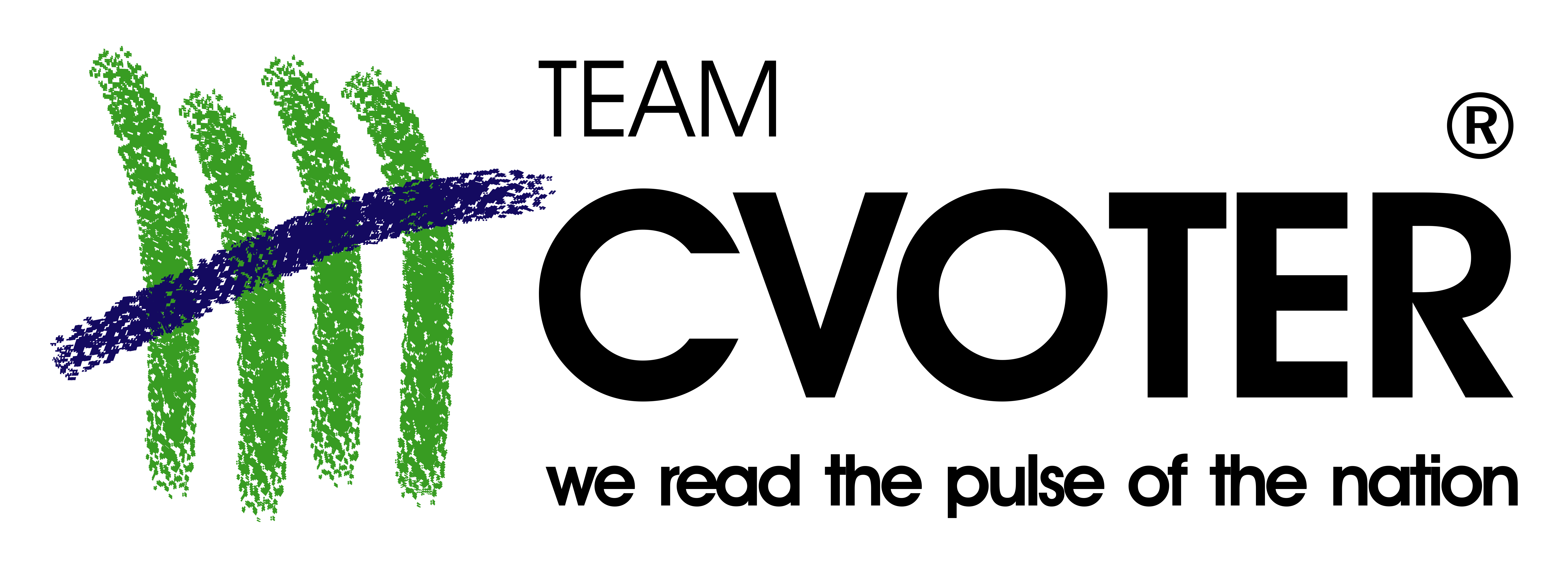Qualitative Research
Qualitative research is a subjective form of research that relies on analysis of controlled observations of the researcher. This type of research yields extensive narrative data, which include detailed descriptions of what has been observed. Research that derives data from observation, interviews, or verbal interactions and focuses on the meanings and interpretations of the participants (Holloway and Wheeler, 1995)
Qualitative research is much more subjective than quantitative research and uses very different methods of collecting information, mainly individual, in-depth interviews and focus groups. The nature of this type of research is exploratory and open-ended. Small numbers of people are interviewed in-depth and/or a relatively small number of focus groups are conducted.
Participants are asked to respond to general questions, and the interviewer or group moderator probes and explores their responses to identify and define people’s perceptions, opinions and feelings about the topic or idea being discussed and to determine the degree of agreement that exists in the group. The quality of the findings from qualitative research is directly dependent upon the skill, experience and sensitivity of the interviewer or group moderator.
This type of research is often less costly than surveys and is extremely effective in acquiring information about people’s communications needs and their responses to and views about specific communications. It is often the method of choice in instances where quantitative measurement is not required.

